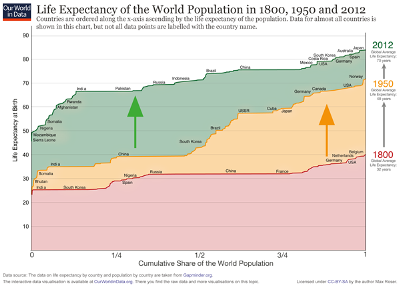“If you can raise somebody’s level of positivity in the present, then their brain experiences what we now call a happiness advantage, which is your brain at positive performs significantly better than at negative, neutral or stressed. Your intelligence rises, your creativity rises, your energy levels rise.” says Shawn Achor in a lively TED talk.
 The traditional success formula is broken. “Most companies and schools follow a formula for success, which is this: If I work harder, I’ll be more successful. And if I’m more successful, then I’ll be happier. That undergirds most of our parenting and managing styles, the way that we motivate our behavior. The problem is it’s scientifically broken and backwards”.
The traditional success formula is broken. “Most companies and schools follow a formula for success, which is this: If I work harder, I’ll be more successful. And if I’m more successful, then I’ll be happier. That undergirds most of our parenting and managing styles, the way that we motivate our behavior. The problem is it’s scientifically broken and backwards”.
In particular, it does not work because “Every time your brain has a success, you just changed the goalpost of what success looked like.” And thus we never reach that success we are striving for.
How much better do we get if we have the happiness advantage? “In fact, we’ve found that every single business outcome improves. Your brain at positive is 31% more productive than your brain at negative, neutral or stressed. You’re 37% better at sales. Doctors are 19 percent faster, more accurate at coming up with the correct diagnosis when positive instead of negative, neutral or stressed“.
Let’s strive to get the happiness advantage and produce success rather than the other way around!
 Gratitude is essential for healing and for helping others. It is an essential ingredient of our lives that is too often overseen.
Gratitude is essential for healing and for helping others. It is an essential ingredient of our lives that is too often overseen.










